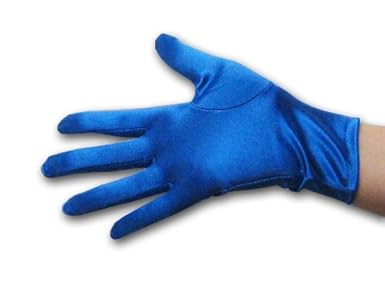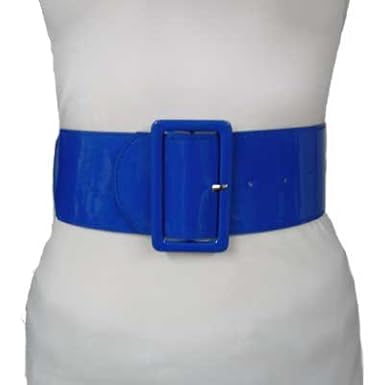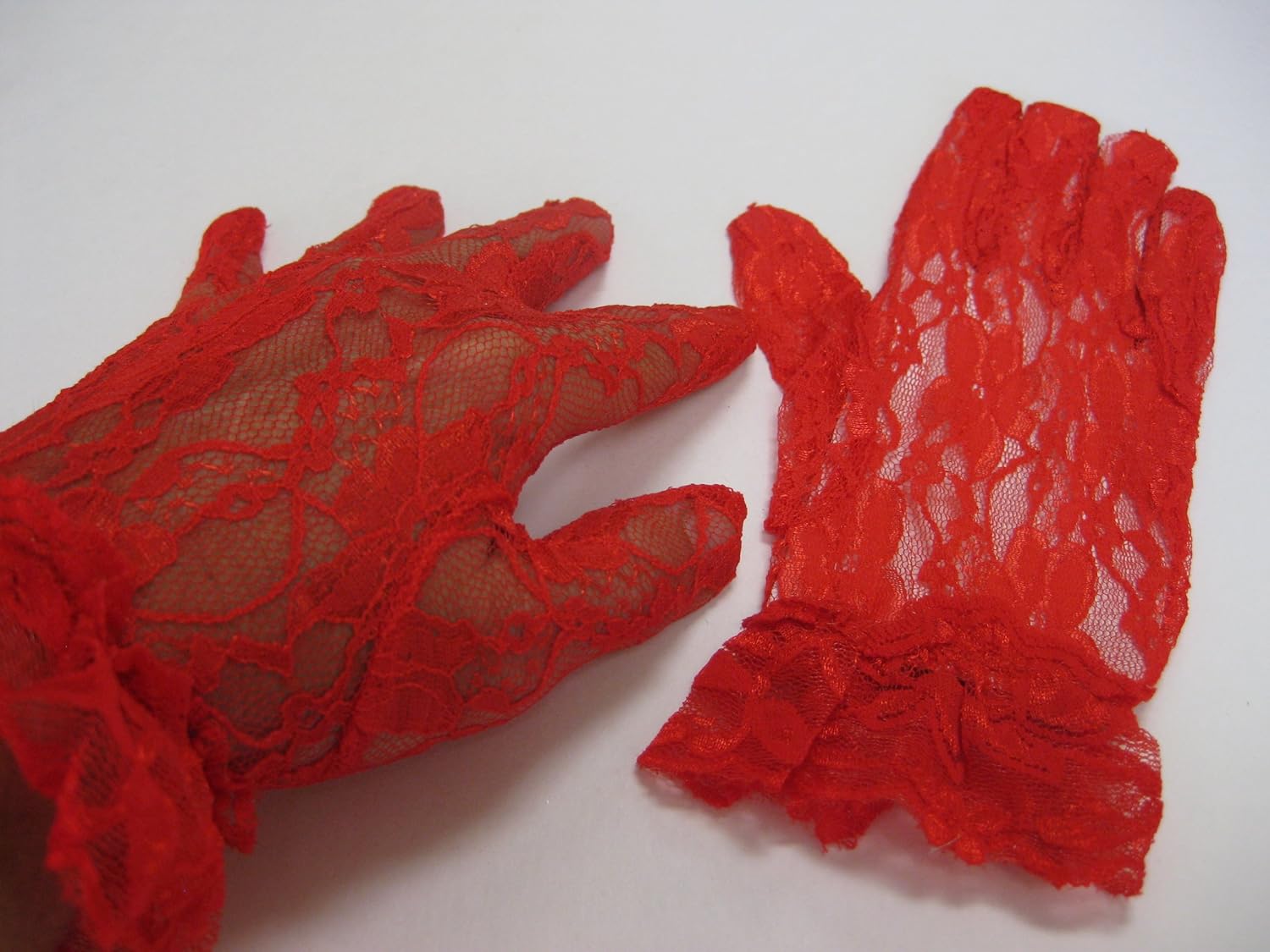I happened to have a copy of his book on hand when I broke my ankle, and he describes a way of supporting the ankle after a sprain that I found very useful during my skating restart.
He recommends supporting the soft tissues of the ankles after a sprain. You can't get this with a splint, or an ACE bandage. Instead, you need something that presses on the soft tissues around the ankle bone, without pressing on the ankle bone itself. To get that soft tissue pressure, you need something that has a hole in it, and fits around the knob of the ankle bone. It can be either donut or U shaped. This way, when you wrap over it with an ACE bandage pressure is applied directly to the soft tissues of the ankle and you get much, much better support.
After I got out of my cast and was allowed to skate again, I found that my ankle was wonky. I needed to support the soft tissues to get past the first few months of skating while I rebuilt my muscles and strength in that ankle. So taking a hint from Peak Condition, I got one of these:
 |
| Skating Safe Donut Gel Pad |
It really helped the shaft of the boot support the ankle. I came to think of it as a magic circle. For the first few months after I restarted, I wore it under the elastic ankle brace I wore when skating. Just like the good doctor said, I had much better support than with the elastic brace alone, and I didn't have to over tighten my laces to get support from the shaft.
(edit) After using the Magic Circle in my freestyle boots for a year, I didn't need it anymore. The boot alone was enough to support my ankle. Then I switched to ice dance. After a year of skating dance in freestyle boots, I switched to ice dance boots. These have a lower shaft and although they are sturdy in the shaft--lots of leather in there--they're really a different boot in many ways from the freestyle boot.
I've had trouble with my right dance boot ever since I got them. Dance boots don't give quite the support a freestyle boot does. And what was unnoticeable with the ankle in freestyle boots was very noticeable in dance boots. I've been trying boot fixes, but finally I gave up and said to myself, "It's not the boot, it's the ankle." I ordered new donuts (where does stuff go when you don't use it every day?), plopped them into place over my ankle bone and laced the boot up.
It was one of those miracles on ice--minus the hockey team. The fix instantaneously solved my wonky ankle problem. I no longer needed to lace the boots so tight my toes went numb. I still have to wear a silipos gel tube to keep the heel in place, but that ankle feels as secure as the one that was never broken. My skating on that side is also much more secure as I no longer have the fear that that ankle is going to collapse.
I really think the gel donut is the best answer I've found. It has the right thickness and resiliency. It bends but it doesn't collapse when you put pressure on it. It wears a long time, can be easily cleaned, and is pretty close to indestructible If you want to try this out, but aren't sure if it's what you need, try using a makeup sponge or foam pad and cut a circle in the center. These won't give you the firmness or the wearability of the gel donut, but it may work (you may need several to get the firmness needed). I also once cut a hole in a gel lace bite pad and tried that, but found the donuts were just the perfect thickness. I never tried this, but if you can find a something like a thick soft felt pad, that would probably be okay too. I used my stocking to hold it on while I put my boots on, but you could also use an ACE bandage, or some adhesive tape.
Yes, I'm a real skater now. It's always something with the boots, isn't it?
PS. The book has some Boitano boot anecdotes. I'm not the only one with issues.
 |
| Brian Boitano's Skates, 1988 (Harlicks) |












































